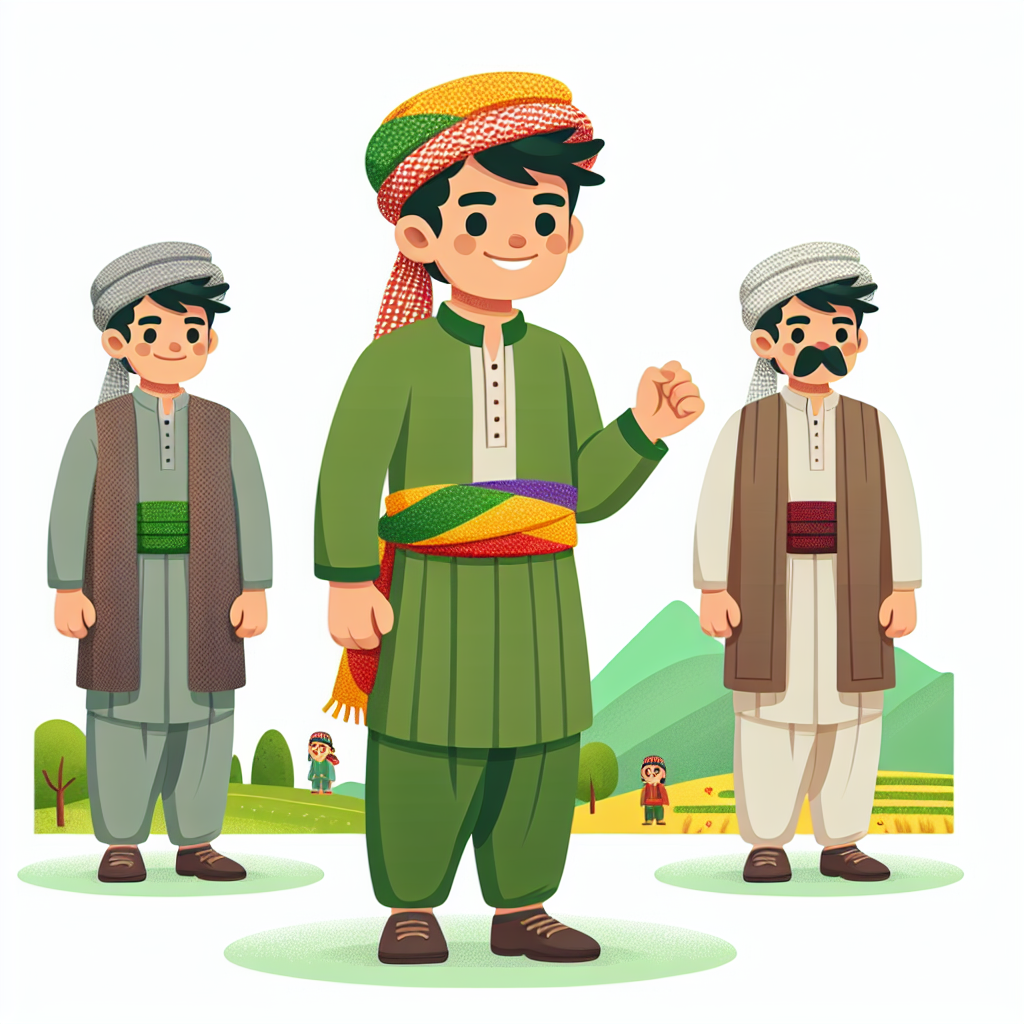Kurds Seek Recognition in Syria's New Era
Syrian Kurds, long marginalized under Assad rule, are pushing to cement their cultural and political gains in the post-Assad landscape. Despite ongoing conflict with Turkish-backed rebels, Kurds are negotiating for a decentralized governance structure. Their past contribution in combating the Islamic State highlights their significance in Syria's future.

- Country:
- Syria
In the aftermath of Assad's rule, the Kurds in Syria are striving to solidify the cultural and political advances achieved during the nation's civil war. Once marginalized, they now find themselves in negotiations for greater autonomy and recognition within a decentralized Syrian state. The Kurds see this as vital for the future well-being of their population, which comprises 10% of Syria's prewar census.
The Kurdish populace has taken strides in establishing control over the northeastern part of Syria, carving out an enclave known as Rojava Kurdistan. However, their aspirations are threatened by recent confrontations with Turkish-backed forces that have claimed numerous lives and displaced thousands. The ongoing internal conflicts underscore the fragile nature of their achievements thus far.
Commanders like Mazloum Abdi emphasize the importance of creating a secular and equitable state, appealing to the new Syrian authorities for balanced representation. The past role of the Syrian Democratic Forces in overcoming the Islamic State has added weight to their claims. As peace talks progress, Kurds seek acknowledgment and the preservation of their cultural identity.
(With inputs from agencies.)










